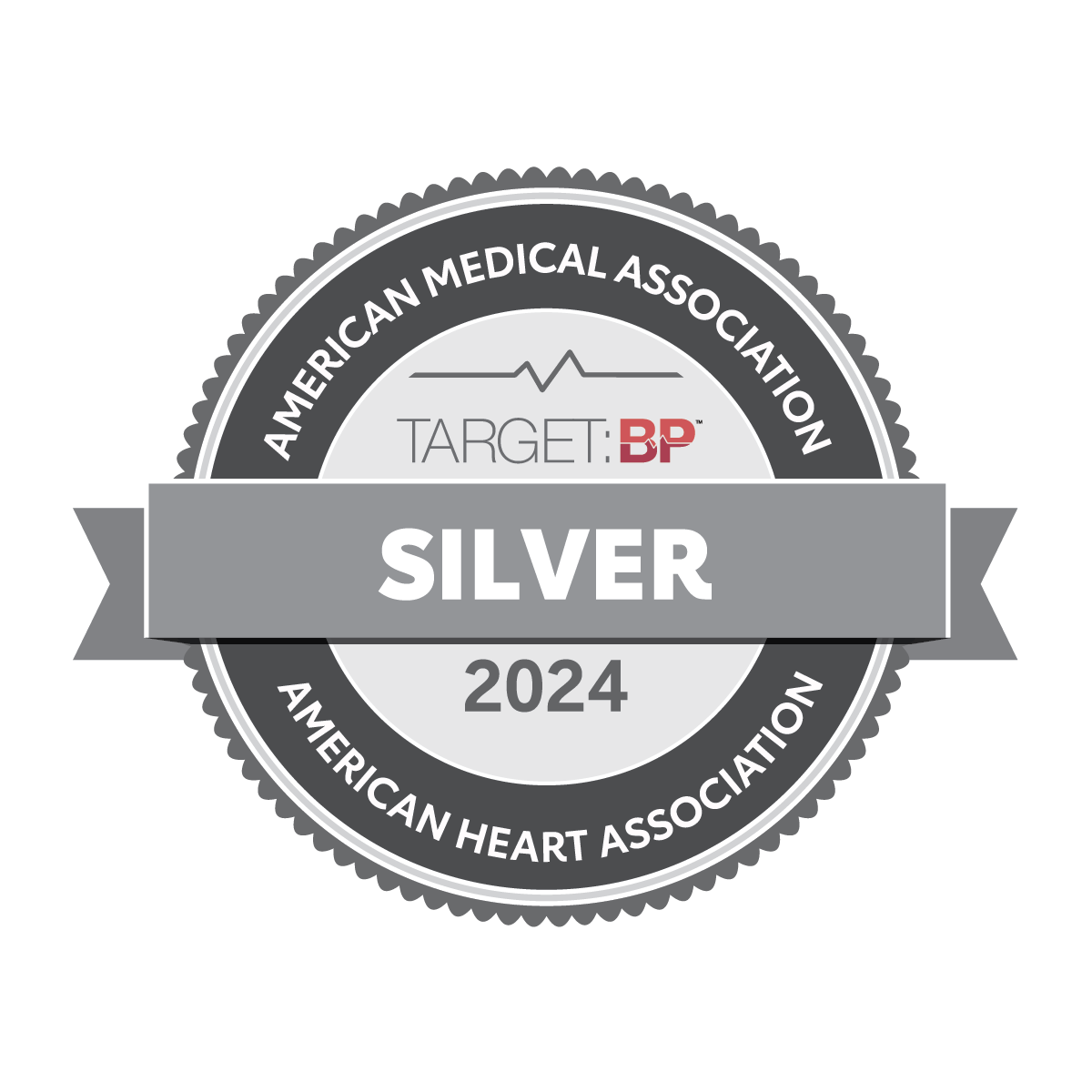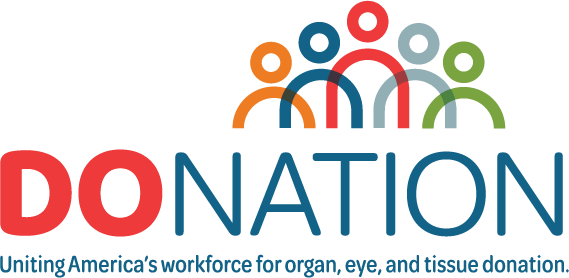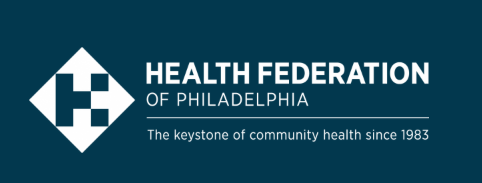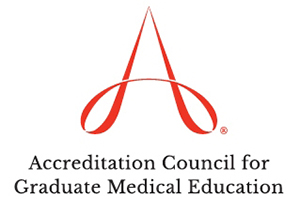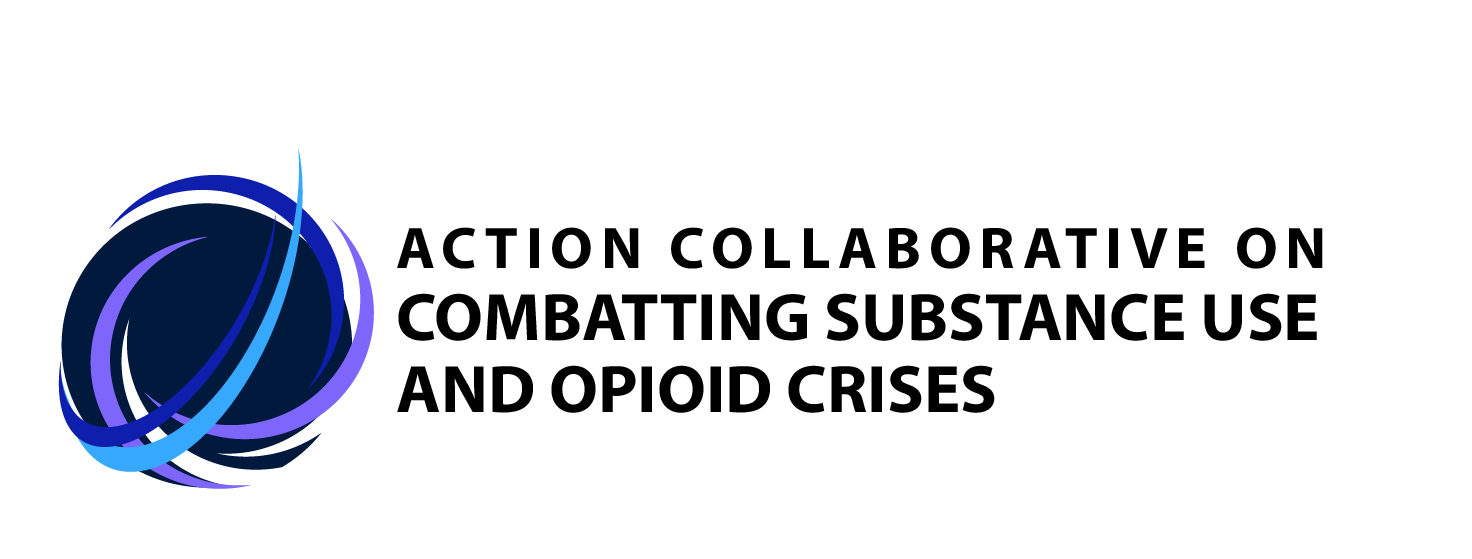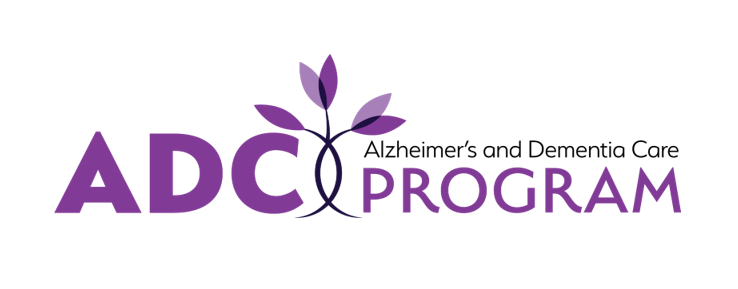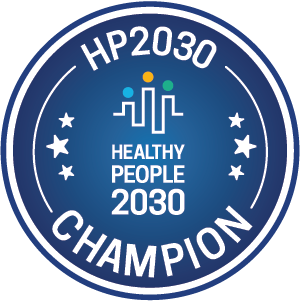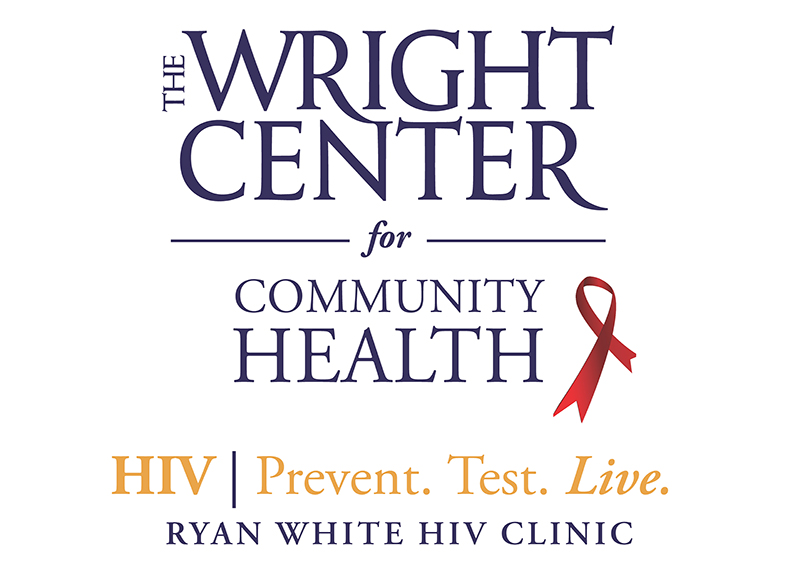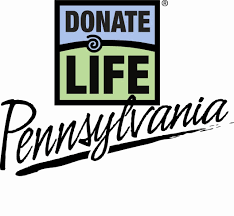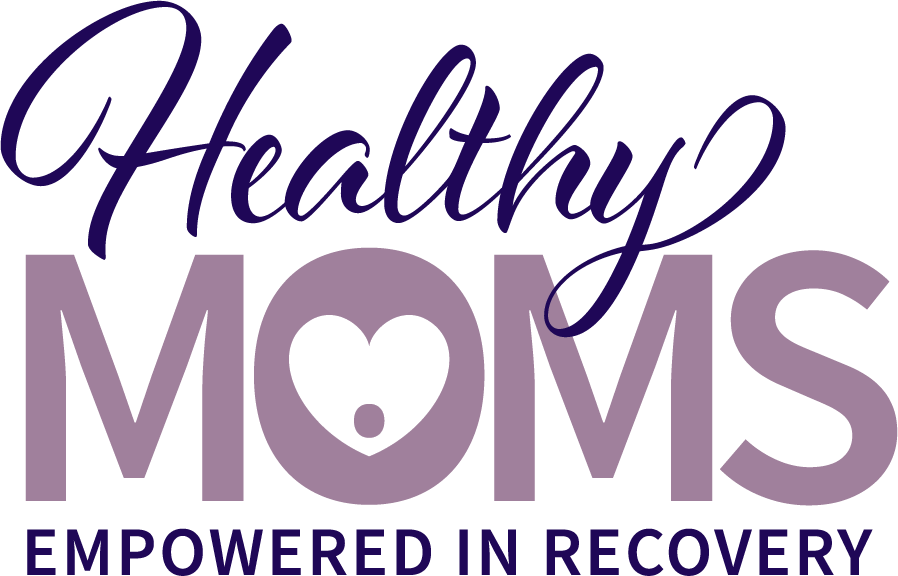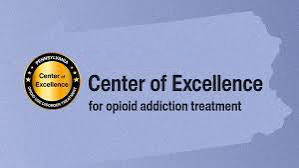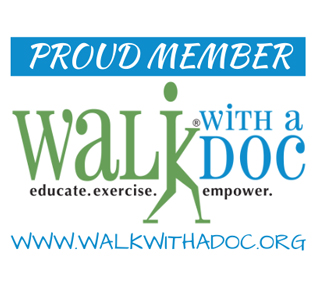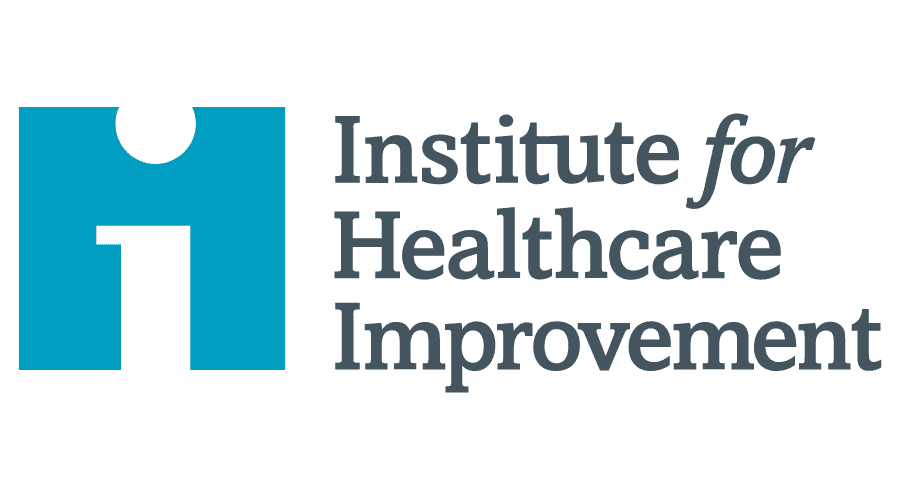Matters of the heart: Kingsley resident recovers from near-fatal heart attack with help from The Wright Center
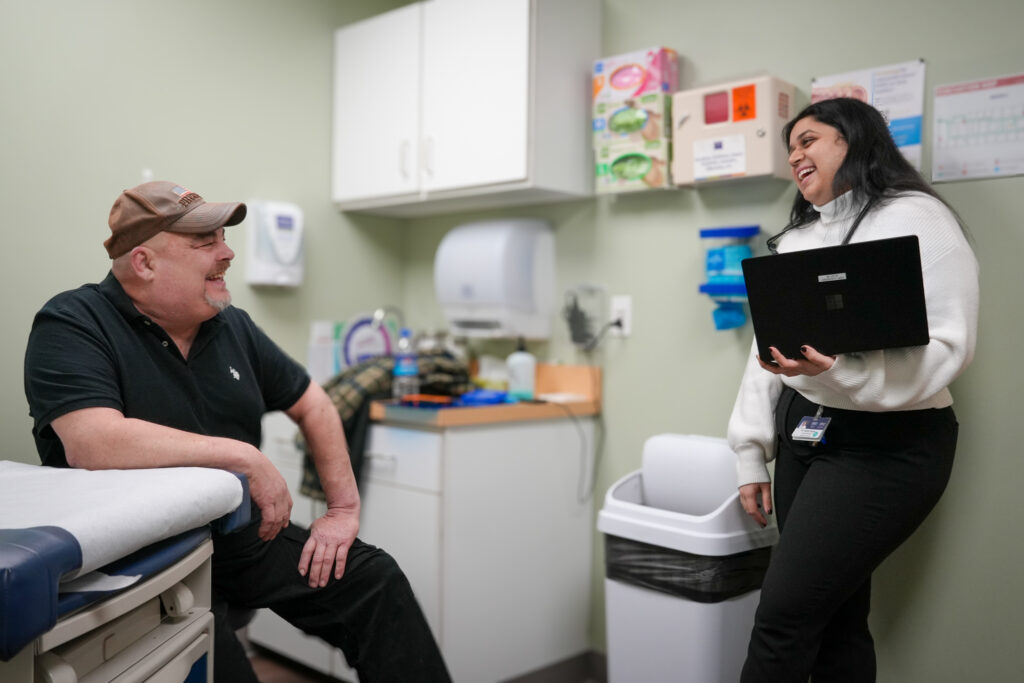
Dan Schultz shares a laugh with Internal Medicine resident Dr. Ketaki Pande during a checkup at The Wright Center for Community Health Clarks Summit. After a near-fatal heart attack in 2019, Schultz visits The Wright Center twice a week to check his health.
Dan Schultz doesn’t remember much about what he calls “the big one.”
When he woke up on a cold February morning in 2019 feeling strange, the two-time heart attack survivor knew he had to get to the hospital quickly. He recalls arriving at Regional Hospital in Scranton and climbing onto a bed. Then, he remembers falling to the floor. Next, hospital staff began “jump-starting” his heart, as he put it.
Thirty-two days later, he woke up.
“I had been in a coma all that time, and I guess my family had started talking about whether they should pull the plug,” the 53-year-old from Acre Lake in Kingsley, Pennsylvania, said. “And then I popped my eyes open and surprised everyone.”

Dan Schultz in his room at Regional Hospital of Scranton, recovering from a heart attack and a 32-day coma in 2019.
Then began Schultz’s three-year journey that involved relearning to walk and undergoing rigorous testing to determine whether he could be placed on the heart transplant list. Throughout the ordeal, Schultz checked in regularly with Dr. William Dempsey, a board-certified family medicine physician at The Wright Center for Community Health Clarks Summit. After countless appointments at Penn Medicine, he received the bad news in April 2024: He would not be put on the transplant list because he lacked the social support to manage his post-transplant recovery, which is both grueling and lengthy.
“All those trips, all those tests, just to get told no,” Schultz said. “It’s hard mentally. I could have quit at any point, but that’s not me. I thank God every day I wake up.”
More than 103,000 people are waiting for a lifesaving transplant across the United States, according to 2023 data from the U.S. Health Resources and Services Administration. Of those, just under 3,500 Americans are waiting for a heart as of September 2024, the most recent data available.
Since 1986, the United Network for Organ Sharing has managed the nation’s Organ Procurement and Transplantation Network (OPTN) under contract with the federal government. A national computer system and strict standards are in place to ensure ethical and fair distribution of organs. Organs are matched by blood and tissue typing, organ size, medical urgency, waiting time, and geographic location, according to OPTN.
Although many factors can disqualify a patient from being placed on the organ transplant list – such as age, uncontrolled medical conditions like diabetes or high blood pressure, and more – Dr. Dempsey, a dedicated physician in Northeast Pennsylvania for over four decades, had never before encountered a patient being denied a spot on the list.
“I advocated for him to be put on the list, but I got nowhere,” Dr. Dempsey said. “I realized his health is now my responsibility, and we have put a plan in place.”
Schultz began treatment with Dr. Dempsey at The Wright Center through a doctor he regularly saw as he recovered at Regional Hospital: Dr. Douglas Klamp, a primary care doctor at The Wright Center for Community Health Clarks Summit. Currently, Schultz visits Dr. Dempsey every other week, where the doctor and his staff check on any changes to his health. Schultz’s heart function is about 17%, whereas normal heart function is usually 50 to 60%.
“We’re making sure his medications are working correctly, he’s not retaining fluid, his breathing is good,” Dr. Dempsey said. “We want to catch small things before they turn into big things. We’ve done very well so far.”
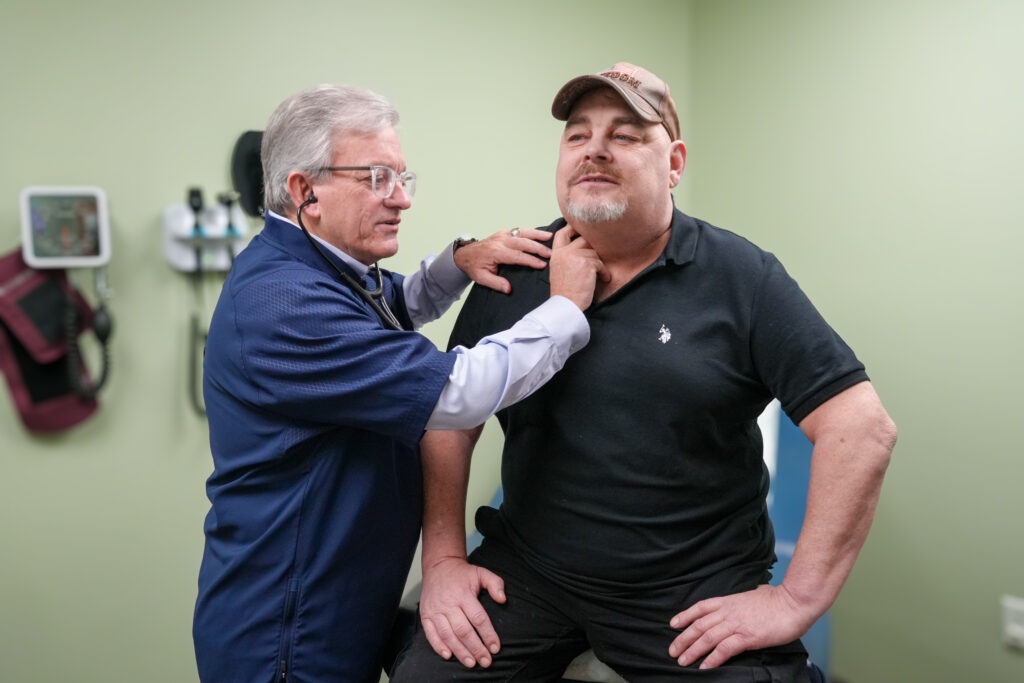
Dr. William Dempsey, left, checks patient Dan Schultz’s vital signs at a recent appointment at The Wright Center for Community Health Clarks Summit. Schultz, a heart attack survivor with about 17% heart function, sees Dr. Dempsey twice a month to monitor his health.
Recent advances in medication have made it easier to treat cases like Schultz’s, Dr. Dempsey said.
“With the recent introduction of new oral cardiac medication, there is a place in health care for aggressive outpatient management versus surgical interventions such as organ transplant,” the doctor explained. “Both have a place in caring for patients with severe congestive heart failure.”
When he’s not at the doctor’s office, Schultz, a third-generation ironworker who once traveled the country building skyscrapers, now spends his time on quieter pursuits: fishing and hunting with the help of friends near his home on Acre Lake, working part-time at a nearby store owned by longtime friends, and caring for his pigs and chickens.
“I went from being Superman to being unable to do much of anything,” he said. “I’m OK where I am, health-wise. I just have to maintain it.”
Dr. Dempsey and The Wright Center are well-equipped to closely monitor all aspects of his health. Its community health centers in Clarks Summit, Jermyn, Scranton, and Wilkes-Barre recently achieved the National Committee for Quality Assurance’s Patient-Centered Medical Home certificate of recognition for delivering affordable, high-quality, nondiscriminatory, whole-person primary health services to all patients.
“You have to care for the whole person and be a champion for your patients,” Dr. Dempsey said. “That’s the part of the job I love, and it’s what The Wright Center is known for.”
Although Schultz was denied placement on the heart transplant list, he and Dr. Dempsey stressed the critical need for organ donation. According to Donate Life Pennsylvania, 16 people in the United States die each day while waiting for a life-saving organ transplant, and every eight minutes, another person is added to the national waiting list.
“If I can reach even one person by telling my story, it’s worth it,” Schultz said. “You can’t take it with you, so you might as well sign up to donate.”

